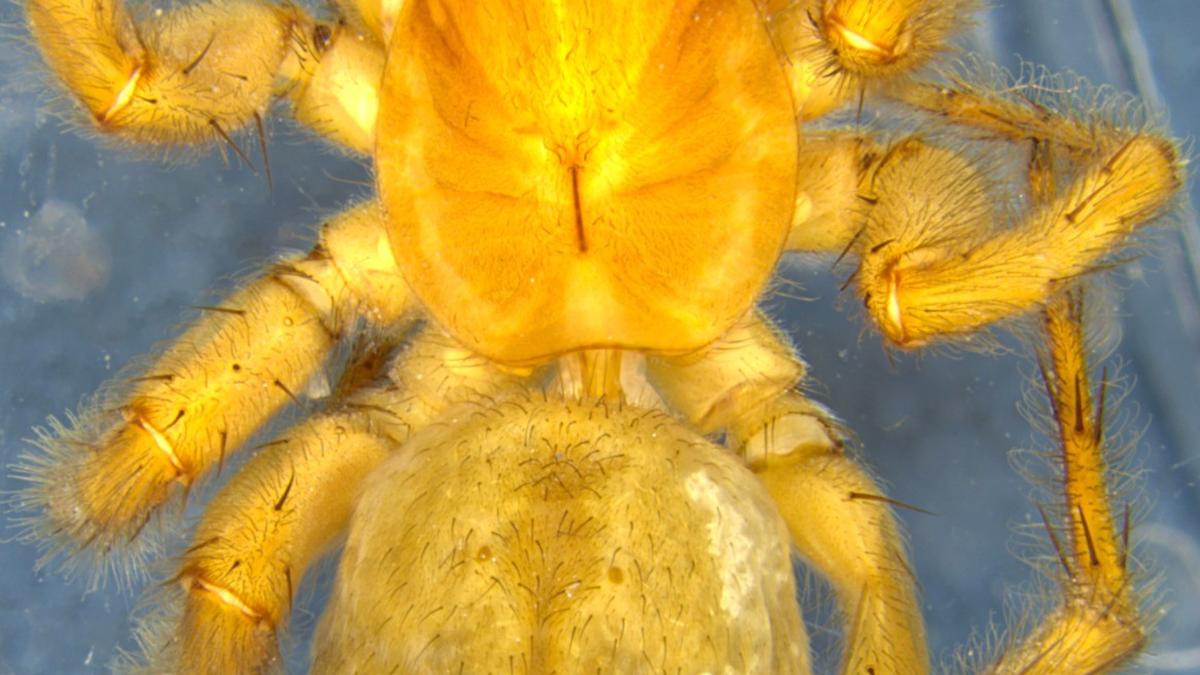Now Reading: ZSI Scientists Identify New Wolf Spider and Four Wasp Species in West Bengal
-
01
ZSI Scientists Identify New Wolf Spider and Four Wasp Species in West Bengal
ZSI Scientists Identify New Wolf Spider and Four Wasp Species in West Bengal

Fast Summary
- discovery Announcement: Scientists from the Zoological survey of India (ZSI) discovered a new species of wolf spider, Piratula acuminata, and four new species of parasitoid wasps in West Bengal.
- Spider Details:
– Piratula acuminata is the first record of its genus (Piratula) in India.
– Found on Sagar Island in the Sundarbans delta; it is indeed agile, nocturnal, and ambushes prey without weaving webs.- medium-sized (8-10mm) spider with creamy-white, brown, and chalk-white spots. Study published in Zootaxa journal.
- Wasp Species details:
– Four new species (Idris bianor, Idris furvus, idris hyllus, and Idris longiscapus) were found across agroecosystems and semi-natural habitats between 2021-2023.- Tiny wasps are primary egg parasitoids of jumping spiders (Salticidae), exhibiting gregarious parasitism – multiple wasps emerging from a single spider egg sac.
– research published in the European Journal of taxonomy using integrative taxonomy combining morphological analysis and DNA barcoding.
Indian Opinion Analysis
The discoveries by ZSI highlight india’s rich but largely unexplored biodiversity, particularly within ecologically sensitive regions like Sundarbans and West bengal’s agroecosystems. The identification of these unique species showcases both ecological specificity (Piratula acuminata exclusive to sagar Island mudflats) as well as broader diversity across semi-natural habitats (idris wasps). Importantly, these findings emphasize the critical role systemic taxonomy paired with molecular tools can play when investigating micro-fauna where differences are minimal.
These revelations strengthen India’s ongoing efforts to document its biodiversity before potential habitat degradation or climate change impacts irreversibly alter ecosystems. Wildlife research not only uncovers hidden lifeforms but also deepens understanding regarding ecological balance-as a notable example, how parasitoid wasps maintain arthropod community structures-bringing insights essential for conservation strategies. Sustained support for such studies can bolster biodiversity preservation measures nationally while setting benchmarks for global scientific research initiatives.
Read more at The Hindu.

























